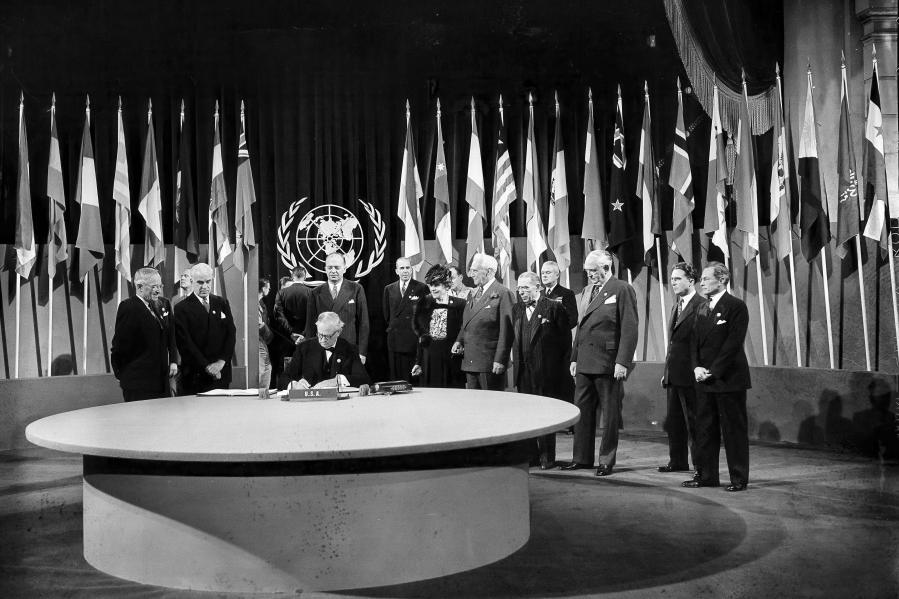The future of the United Nations (UN) is under scrutiny as global challenges intensify, prompting calls for a reevaluation of its role. With rising geopolitical tensions, climate change, and humanitarian crises, the effectiveness of the UN in addressing these issues is being questioned. As discussions unfold, there is a growing consensus that the organization might need to adopt new strategies and frameworks to better tackle contemporary problems.
Rethinking the UN’s Role in a Changing World
The UN, established in 1945, was designed to foster international cooperation and maintain peace. However, as we approach 2023, the relevance of its structures and protocols is increasingly debated. According to Secretary-General António Guterres, the UN must adapt to the realities of today’s multipolar world where power dynamics are shifting rapidly. “We must go back to the future,” he stated, emphasizing the need for innovative solutions rather than following outdated models.
A report released by the UN in early 2023 highlighted that over 80 million people are currently displaced due to conflict, persecution, and natural disasters. This figure underscores the urgency for the UN to enhance its humanitarian efforts. The organization faces the challenge of delivering aid in increasingly complex environments, where access is often restricted by conflict and political instability.
Challenges and Opportunities Ahead
The current global landscape is marked by a range of pressing issues, including the climate crisis, the COVID-19 pandemic, and rising food insecurity. The UN has been at the forefront of addressing these challenges, but its methods are under fire. Critics argue that the bureaucracy within the UN can hinder timely responses to emergencies.
In response, some UN officials are advocating for a more agile approach. For instance, the UN’s World Food Programme has already begun implementing new technologies to improve food distribution in crisis areas. By leveraging data analytics and mobile technology, the organization aims to reach those in need more effectively.
The UN’s peacekeeping missions also face scrutiny. There are calls for reform to ensure that these missions are better equipped and trained to adapt to evolving threats. The UN Security Council is expected to discuss these reforms in upcoming sessions, aiming for a more proactive stance on peacekeeping operations.
As the UN grapples with these challenges, the importance of collaboration with regional organizations and non-state actors becomes increasingly evident. Strengthening partnerships with entities such as the African Union and the European Union could enhance the UN’s ability to respond to crises on the ground.
The UN’s ability to navigate these turbulent waters will depend on its willingness to evolve and innovate. By embracing change and recognizing the interconnectedness of global challenges, the organization can bolster its role as a key player in promoting peace and stability worldwide.
In conclusion, the UN stands at a crossroads. As it confronts the realities of a shifting global landscape in 2023, the call to go “back to the future” resonates with those who believe in the power of international cooperation. The coming months will be crucial for the UN as it seeks to redefine its mission and adapt to the demands of a rapidly changing world.
